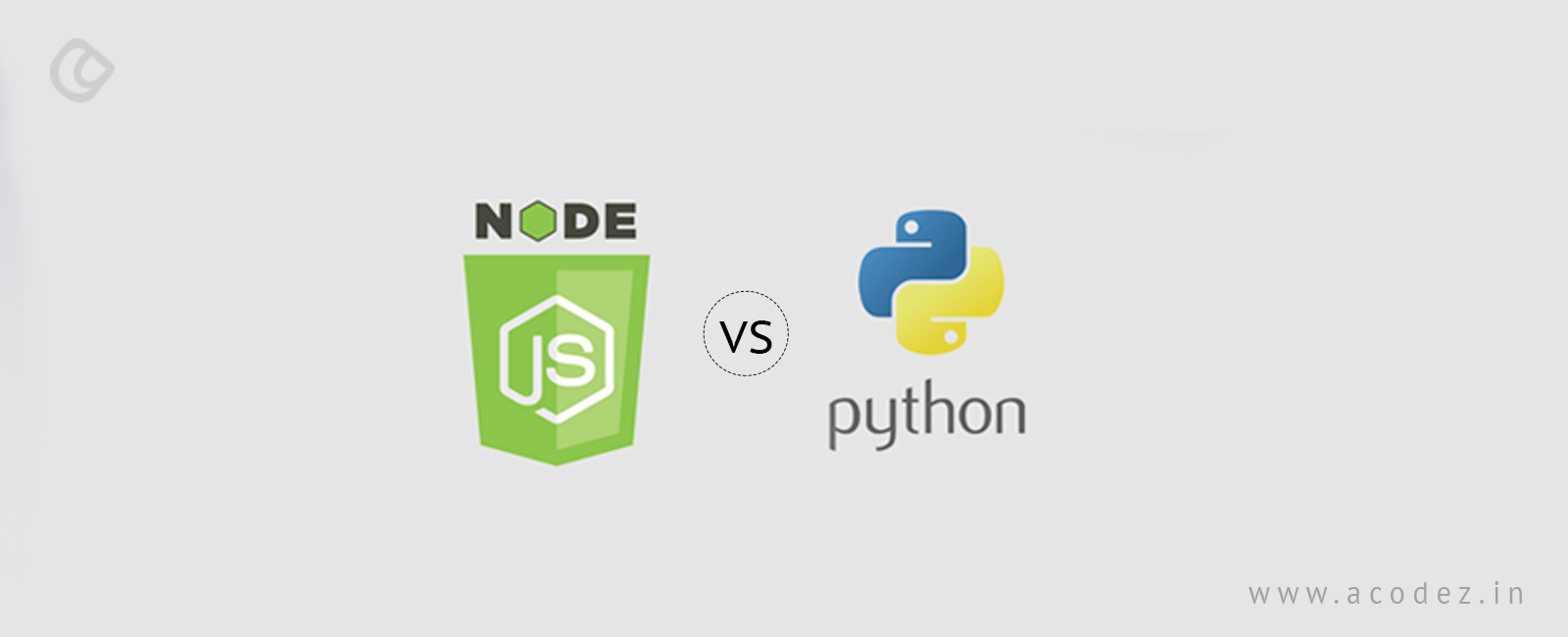Python is a very popular interpreted, open-source, high-level programming language that is used for general-purpose programming. It is a fully-fledged scripting language. It provides a number of benefits over other programming languages as the codes are easily readable due to the use of whitespace. It is also focussed on productivity with the help of automatic memory management and dynamic features. Apart from that, it is also quite easy to learn which makes it the most preferred choice for the budding coders. It is quite a range of applications as it can be used to develop simple programs and can also be used to develop large-scale programs as well. Another important feature of Python is that it can be used on a number of operating systems as various interpreters are available for these. Being open source there are a large number of libraries available that can be used for free for a number of tasks. These can be used for a large number of task like GUI, web framework, multimedia, database, networking, automation, web scraping, scientific computing, text processing, image processing, etc.
Node.js is another open-source, cross-platform JavaScript run-time environment that can be used for server-side scripting with the help of JavaScript. Node.js is a Javascript runtime environment designed to use Javascript on web servers, manage computing resources, file systems, and web application security. It is based on the concept of event-driven programming which makes it possible to create highly scalable servers without threading. Apart from that, it also supports multiple concurrent requests and operations with the help of asynchronous calls and non-blocking I/O. While JavaScript was used for client-side scripting, by embedding it into a webpage HTML Node.js can be used for server-side scripting and produce dynamic web page content even before the web page is sent to the user’s web browser. This, in turn, makes Node.js a unifying web application development platform. It is an event-driven architecture that is capable of asynchronous I/O which in turn optimizes the throughput and scalability of the web applications. It can be used to develop various input/output operations, real-time Web applications, real-time communication programs and browser games. It is used by a number of well-known organizations like GoDaddy, LinkedIn, Microsoft, Netflix, PayPal, Walmart, Yahoo, and many more.
Both Node.js and Python are well known powerful server-side application development programming language. With the help of both of these platforms, the users can choose the option to develop and manage web apps. These offer the users to make even the complex web apps. If you are planning to develop a web app, it becomes quite difficult to decide whether you should choose Node.js or Python. Before going into the complex question of which one you should choose, it becomes necessary that you have a proper idea of what do you expect from your app. Thereafter you need to have a proper idea of the different benefits and limitations of Node.js and Python. Only after you have a proper idea of the same, you will be able to decide for yourself if the programming language you choose is the best for you or not. Apart from these, you also need to understand in which cases and what types of applications perform better when Node.js and Python is used.
Some benefits of Node.js:
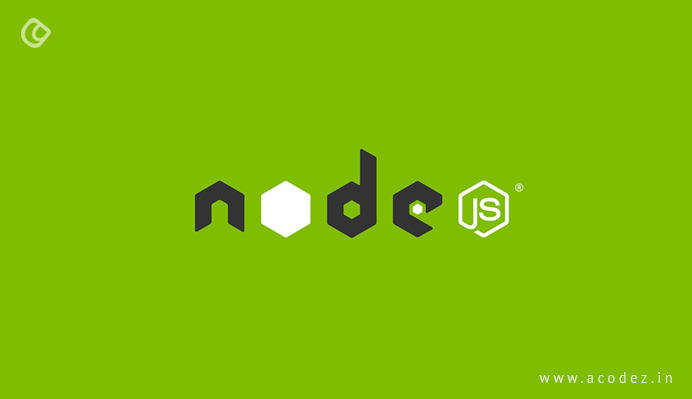
Fast server-side solution:
Despite the fact that Node.js does not support multithreading, it has an event-based architecture and non-blocking I/O that helps it to maximize the usage of CPU and computer memory. These event-driven architecture are based on asynchronous calls that allow the Node.js servers to process more concurrent requests as compared to the multi-threaded servers. As it’s non-blocking I/O do not block program execution under I/O-heavy workloads, it helps improve the Node.js application runtime performance. These factors, in turn, make Node.js servers faster and productive and also provide the fastest server-side solutions.
Single language can be used on both the front-end and the back-end:
In many of the cases, it is seen that different languages are required for the front-end and the back-end. This may turn out to be a bit complex for the beginners as both of these require different environment as well. Node.js helps the users to fix this problem as these can be installed on the server and can also be used into the front-end frameworks as well. Some of these are Ember, React, Angular, etc. that can be used to leverage the power and flexibility of Javascript. This can also be used to create dynamic Web 2.0 applications. Another important benefit of Node.js is that having a single language at both the ends requires you to have a small and efficient team which in turn can be used to communicate better and deliver tasks faster as compared to the others. Another important benefit of the same is that it requires quite a small team which in turn can be used to lower down the expenses.
Scalability:
Node.js in spite of being a single-threaded solution has a standard library that provides a number of modules that support scalability. Node clusters and workers can be used to spawn additional Node.js processes depending on web application workload. You can also scale your Node applications to provide fully functional enterprise solutions with the help of this feature.
Some important benefits of Python:
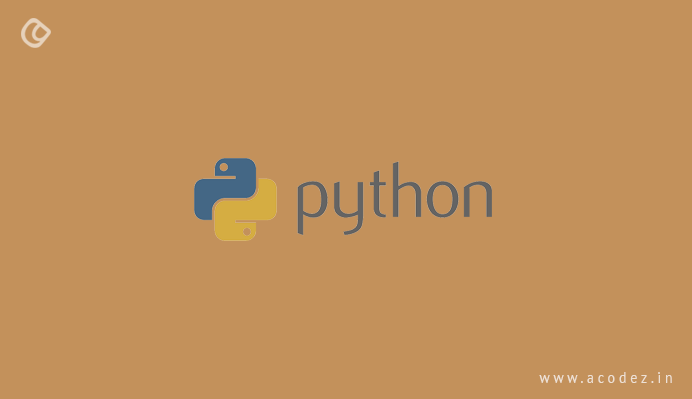
Quite easy to use:
Python is quite easy to learn and can be learned quite easily by beginners as well. It is due to these, that even the beginners opt it as the first language to learn. Even the experienced developers of other languages can learn it quite easily and can help in developing the project. Python consists of quite a concise and expressive syntax. This, in turn, makes it easy to write programs and also makes it easy to maintain. This, in turn, makes it the preferred choice for the large projects where a number of users work on a particular project. Here the users need to focus on completing the real tasks and not worry about scaffolding and tweaking your code. This feature also makes it easy to enhance your application as the situation arises. Python codes are also dynamically typed and flexible which in turn makes the codes verbose, modular and extensible.
Fast development:
Python features a clean, concise and simple syntax, which makes developing applications fast as compared to the other languages. It is about 5 to 10 times faster as compared to developing applications in Java, C, C++, etc. It also has a quite stable architecture which makes it reliable as compared to the other language frameworks.
Rich Standard Library and Ecosystem:
Python has a relatively rich library for server-side development as compared to Node.js. It also includes some advanced functionality that can be used to manage the file system and memory which is not available in Node.js. In order to access this feature in Node.js, you need to make use of the Node package manager (NPM). Apart from these, Python also supports a number of features like deleting the directory, creating temp files, argument parsing, unit testing, logging, print format strings etc. that are available by default. In case you need to use some functionality that is not available in the standard library, you can access these with the help of ecosystem modules.
Limitations of Node.js:
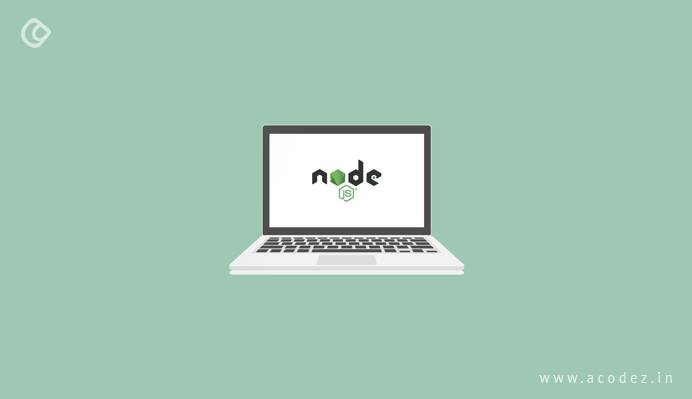
With CPU-intensive operations it is relatively less efficient:
Node.js has an event-driven architecture which in turn imposes certain limitations when it comes to the CPU-intensive operations. It can easily handle multiple concurrent requests but when it comes to generating graphics and resizing images, it may turn out to be a bit cumbersome. This can, however, be managed by making a new task queue for CPU intensive requests. However, in such a case, you need to spawn additional workers and introduce new layers into your application.
Lack of proper documentation for some npm modules:
Node.js offers freedom to the developers to select different modules and tools. But, some of the modules are buggy and can introduce unexpected behavior in the Node.js applications. Hence if you are planning to implement various modules by different developers, it is necessary that you have a proper knowledge of the same or you can also avail the services of experienced Node.js developers. You also need to have a proper plan on what modules to use and which ones to neglect. It is advised that you use only those modules that are necessary so that you have to spend a considerably less amount of time in maintenance and bug fixing.
Limitation of Python:
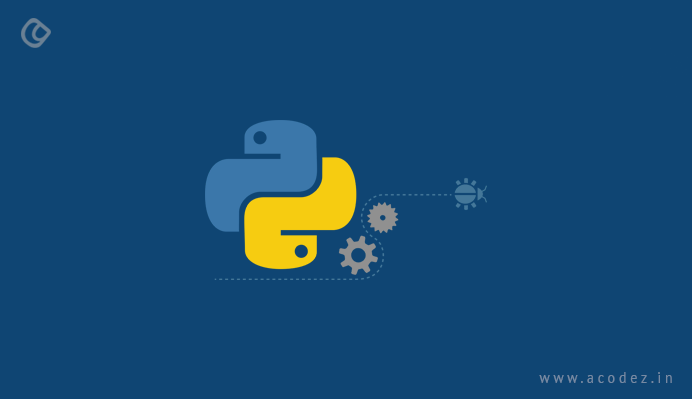
Not available on mobile and browsers:
Though Python is well supported on server and desktop platforms, it does not work well on mobiles and browsers. Hence if you are planning to develop a mobile application or a web application, you need to complement Python with some other languages. This, in turn, complicates the process and also the interaction between front-end and back-end team which results in the increase of the maintenance and debugging time and costs.
No Support for Domain-specific Languages (DSLs):
Domain-specific language support is not provided by Python which is available in Node.js. Node.js provides support for Domain-specific Languages (DSL) which helps the users to experiment with or create a new syntax to optimize the UI development and hence make it faster.
After going through the benefits and limitation of Python, it can be concluded that both the Python and Node.js are not perfect in itself. However, both have their own sets of benefits that makes it idle to use it in different situations. Hence you can use any of them based on your requirement.
Where can you use Node.js?
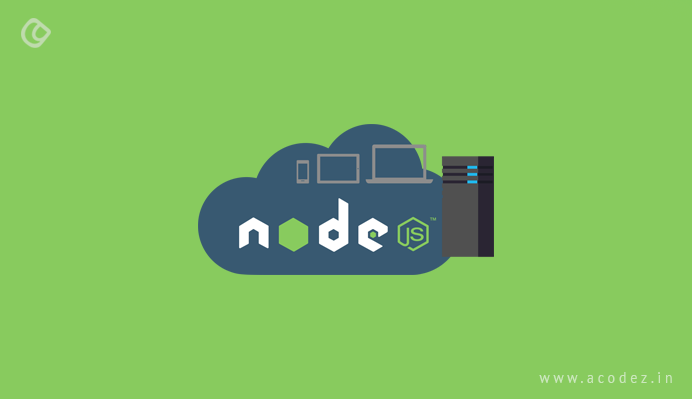
As Node.js has an event-driven architecture, it can process multiple server requests and concurrent operations. This makes it idle to be used in developing Real-Time Applications like chat apps, collaborative apps, video conferencing apps, document editing apps or drawing apps. It can quite easily handle heavy I/O operations and shuffling of data between the front end and the back end. Hence it can also be used to develop Single Page Applications that require heavy client-side processing and rendering. It can also be used when you are planning to develop apps that focus on scalability and performance. However, it must not be used to develop CPU intensive application with graphics and data as it has a single-threaded design. The heavy computation in such cases may block incoming requests which in turn may lead to slower web application performance.
Where can you use Python?

Python can be used to build CPU-intensive applications and in those cases where you need to develop the application faster. It is because it has a rich standard library and modules that turns out to be useful in Rapid Application Development. One of the best things about the same is that you do not need to look for any extra utility modules and packages as a number of them are already available. Just after designing a fully functional prototype, you can proceed to add other features at a later stage. It can also be used in the Internet of Things projects. It is the most preferred language for Raspberry Pi which makes it the language for IoT programming.
Summary:
Based on the above factors, you can quite easily decide whether you need to use Node.js or Python for your project. Python can be used to develop CPU-intensive applications or IoT back-end development. Node.js can be used if you are planning to develop Real-Time Application, Single Page Application, or I/O heavy solution.
When it comes to web development India, Acodez is one of the leading companies with a proven team and portfolio. Our web application development team uses cutting edge technologies, advanced frameworks and proven methodologies to ensure that our solutions are future-ready and scalable.
Looking for a good team
for your next project?
Contact us and we'll give you a preliminary free consultation
on the web & mobile strategy that'd suit your needs best.


